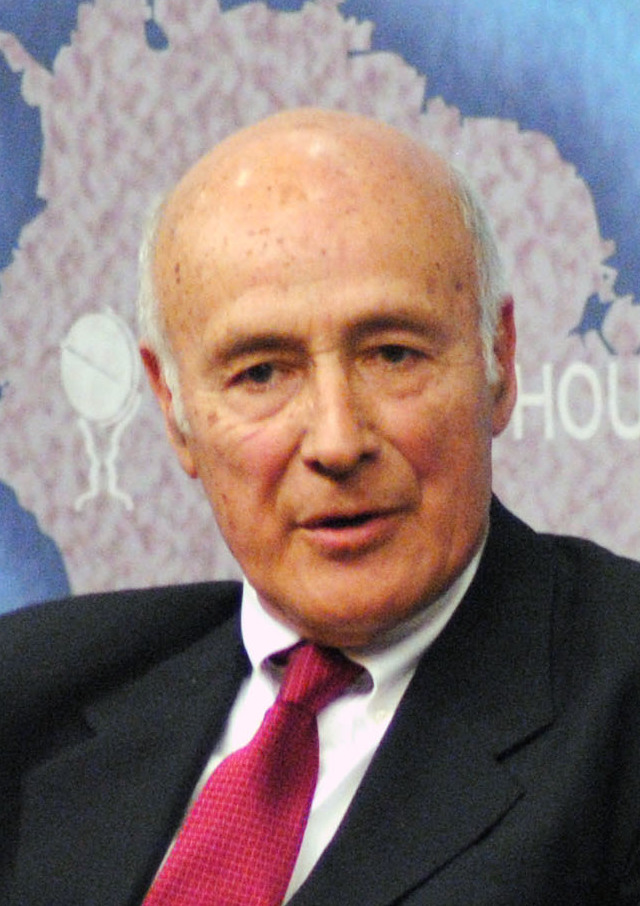“In foreign policy, as in medicine, leaders must “first do no harm.””
"Obama the Pragmatist" http://www.project-syndicate.org/commentary/joseph-s--nye-defends-obama-s-approach-to-foreign-policy-against-critics-calling-for-a-more-muscular-approach, Project Syndicate (June 10, 2014).
